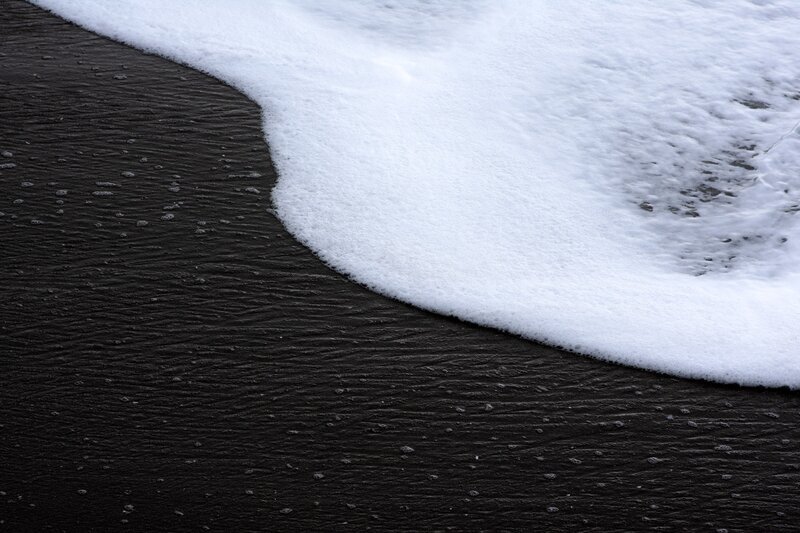With Teeth
I wasn’t raised to know the atua.
Oh, there was the occasional mention. We give thanks to Tāne for the gift of this tree, as we cut down a pine for Christmas. Those hills were carved by the gods as they tried to part Ranginui and Papatūānuku, as we drove across the land.
I knew even less of the atua wāhine; just a few stories, most prominent of those Mahuika, whose fingernails Māui stole to bring fire to the people. The others were never mentioned in school, where gestures to Māori mythology were surface level at best.
My mother really only embraced her Māori heritage in her late thirties, and by then I was too old to want to follow her lead, at the perfect age to rebel. And with my white skin and my blonde hair, the only real nod to my whānau line was the nose that so many of us possess. I could pass for Pākehā easily, protected from the slurs of ‘half-caste’ or ‘bloody Māori’ because of it, though the shame was still inside me, that somehow the blood in my veins made me less than. Other.
Yet there is an inherent otherness to growth and change, from child to adult, and those awkward stages in between. And so often, blossoming into a young woman brings with it danger (in the fortunate event that you didn’t experience any prior to then…). I felt the unwelcome gazes on my body, the unwanted touches. Comments and caresses that ‘no’ could not deflect.
Like many teen girls seeking some power over their world, I was drawn to witchcraft. To goddesses, the divine feminine, the moon, to the three aspects: creation, life, death. Mother, Maiden, Crone. And despite my youth it was always the Crone that called to me, the darkness, the shadows, the depth. And of course, to death, because life is made of many deaths, and not just the ones where you bury a body. The death of a cycle, the end of a relationship, the changes, internal and external which shape us all.
As I aged, I embraced my culture too and I went looking for more knowledge of te ao Māori, of wairua, of the atua, specifically the atua wāhine. Which was how I found Hine-nui-te-pō. Hine-nui-te-pō is not just the night, or death, or the dark mother. She is the beginning and end of all. She, too, undergoes transformation, turns her innocence to strength. And that was what I needed. She was who I’d been looking for.
Over the years, I’ve bared my soul to her, revealed the scars on my psyche inflicted by the hands of others. The scars on my body, placed by my own hands.
She cloaks me, not to hide me but to allow me the space to breathe, to recover. She teaches me that I can turn my pain into growth, that every wound to my soul is a way to go deeper, an opportunity to reveal truths, to strengthen my core. If I’m willing. If I’m brave.
She is not afraid of the hard lessons, and neither am I.
When I call to her, she helps me dive, deep, deep down, into the well of my own being. She reminds me that she killed Māui for his attempt to take from her, to enter her sacred space without permission.
And I think this aspect is so important. This reminder that we are strong and we own our bodies, that we too possess obsidian teeth, even though sometimes we need help sharpening them.
Hine-nui-te-pō helps me to break down the coding I’ve been given by family, friends, society, and the largely patriarchal culture we live in. She has challenged me to look at myself, to discard unhelpful beliefs and embrace empowering ones.
I can be ‘nice’, I can be kind, and generous – but not when it’s at the cost of my own happiness. I don’t have to be the ‘good girl’ even though I am a good person. I can ‘make a fuss’ if someone crosses the boundaries I’ve set in place, and I have a voice that I can lift to call out those who do harm to myself, to others, to this precious land that we live on.
It might be a voice I’m still learning to use, but the fact that I can speak my truth now is in part due to Hine-nui-te-pō and the sense of connection, protection, that she gives me.
The world feels chaotic at the moment – so much is in flux – but with the great woman of the night standing beside me I know that I can flow with the cycles, I can walk with strength. I can face the world.
With teeth.


